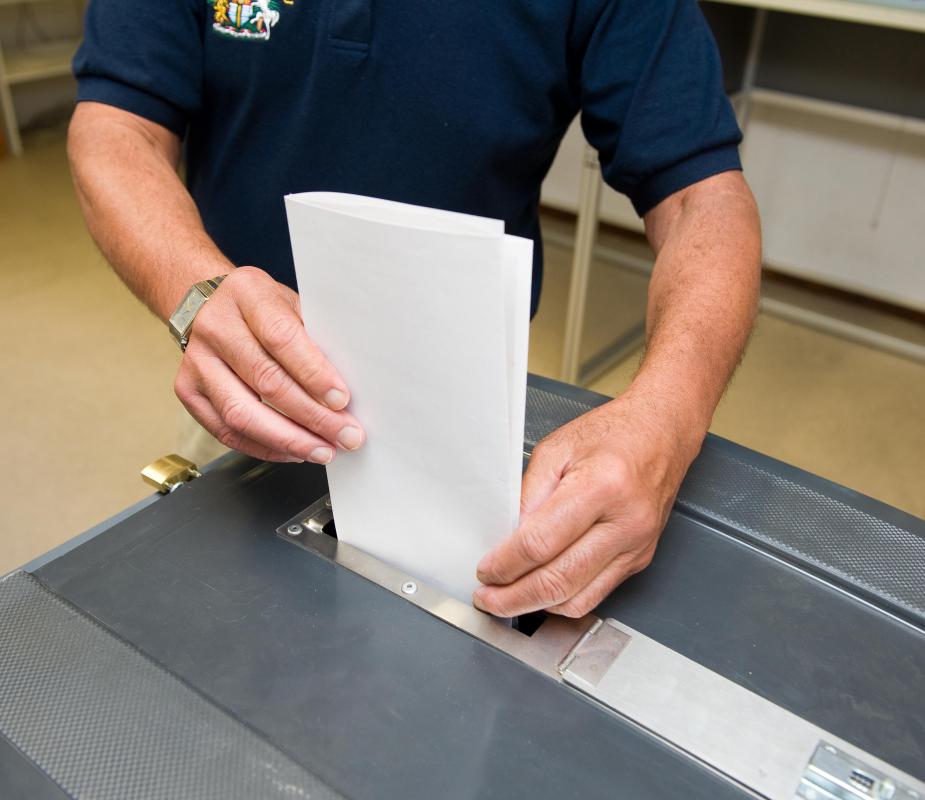At MyLawQuestions, we're committed to delivering accurate, trustworthy information. Our expert-authored content is rigorously fact-checked and sourced from credible authorities. Discover how we uphold the highest standards in providing you with reliable knowledge.
What is an Impartial Jury?
An impartial jury refers to the fitness of potential and selected jurors to render a verdict without bias in a trial by jury. The goals of assembling an impartial jury are to give each side in a criminal or civil case the opportunity to be heard fairly, to achieve a fair verdict that reflects the reality of what happened and to do justice under the law to the parties involved. There are a number of steps in jury selection that exist for the purpose of creating an impartial jury.
The term “impartial jury” appears specifically in the Sixth Amendment to the United States Constitution, which states that “in all criminal prosecutions, the accused shall enjoy the right of a speedy and public trial, by an impartial jury.” In the U.S., criminal defendants have the right to a jury trial, but not for offenses that are misdemeanors only punishable by fines, such as speeding tickets, or where possible jail sentences last six months or less. Generally, English-speaking countries of the West, for historical reasons, have a similar concept. Legal systems vary greatly around the world, and in some countries, defendants might have more limited recourse to a trial by jury — or none at all.

Juries interpret the evidence presented by both sides of a dispute. In the U.S., this often is between a public prosecutor and a defendant, which make up what is called the adversarial system of law. It is important that jurors be neither sympathetic to or biased against either side before a trial begins. Therefore, they should be an open-minded or impartial jury.

Potential jurors usually are selected from voter registration records for what is commonly referred to as jury duty. In the U.S., they must be from the same jurisdiction as the defendant. After a pool of potential jurors is selected, attorneys for both sides either suggest questions for the judge to ask, or they ask questions themselves of the jurors.

The attorneys for both sides might have a limited amount of “peremptory challenges,” with which they can bypass the judge and dismiss possible jurors for any reason. Attorneys might also make a “challenge for cause” if a juror expresses a bias. Challenges for cause usually are unlimited and are considered by the judge, who accepts or rejects them.
There are many reasons why a juror might be dismissed for not being a good member of an impartial jury. One reason might be exposure to media reports about the case that might make a juror biased. Sometimes jurors sharing certain occupations or very similar backgrounds with a defendant might be dismissed. Depending on the case, expressing any number of biased attitudes can lead to a juror being disqualified.
AS FEATURED ON:
AS FEATURED ON:















Discussion Comments
How many of us can actually say that we are impartial? We live in a society in which we are bombarded by media, be it news media or social media. It seems like it becomes harder and harder for us to be impartial in life, and in the courtroom, where it's vital to the trial process. So how do we remain impartial?
Post your comments